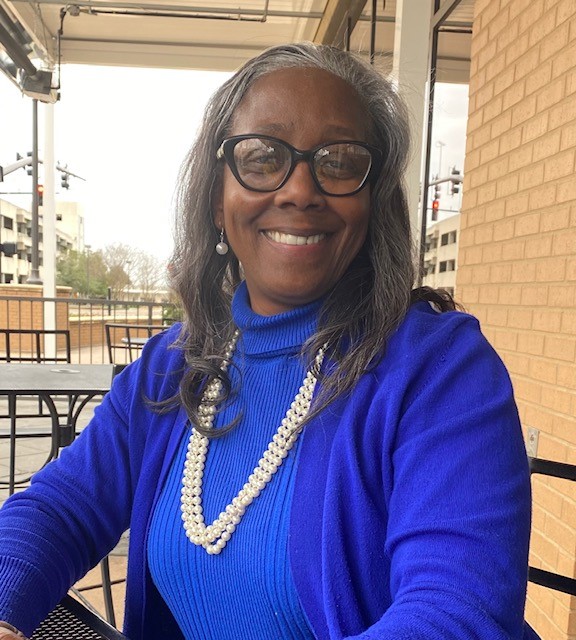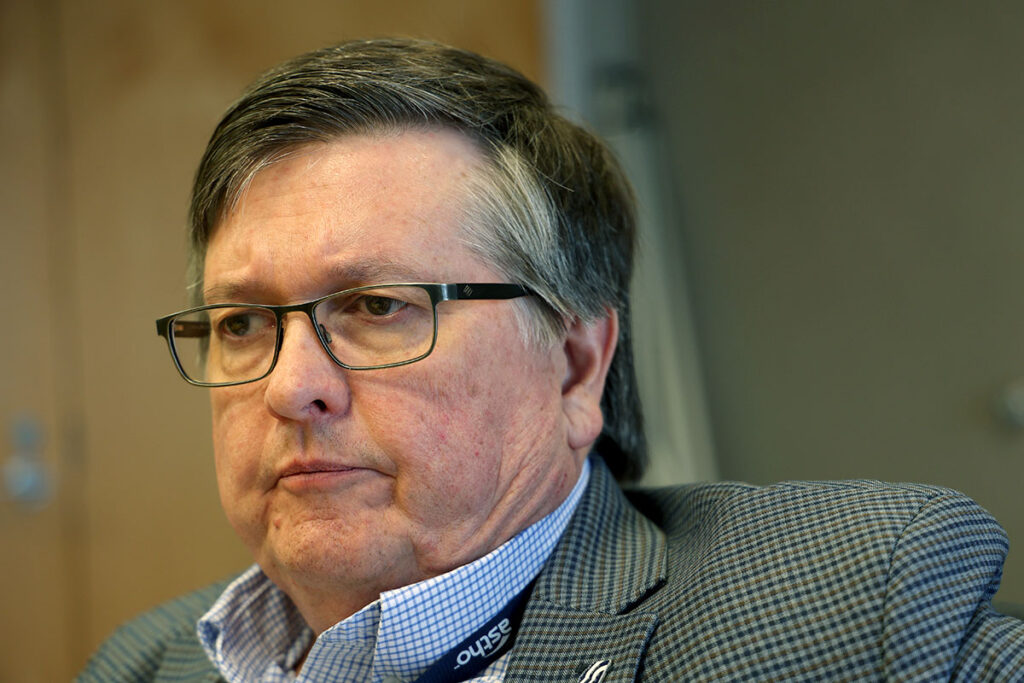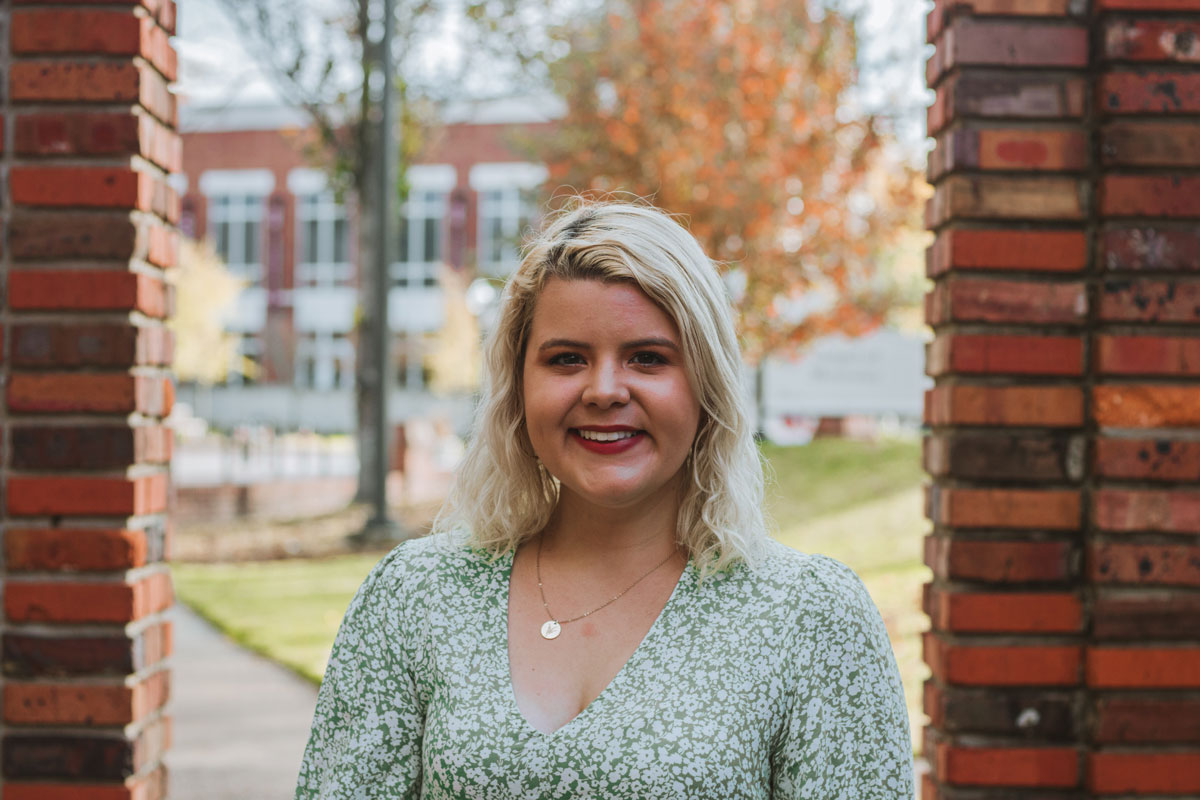Mississippi’s drug overdose death rate declined 10% in 2022 after more than doubling over the preceding five years as a coalition of state agencies banded together to tackle the crisis, State Health Officer Dr. Daniel Edney says.
“When I took over last August, I placed it in our top three priorities. Number one being infant and maternal death; number two being diabetes and the impact of chronic illnesses; and number three was the opioid overdose crisis,” he told the Mississippi Free Press on Oct. 4. “Thankfully, what we saw in 2022 was a 10% reduction in death.”
The Mississippi State Health Department, the Mississippi Department of Mental Health and the Mississippi Department of Public Safety have always worked together to combat overdoses, but they specifically teamed up to fight to reduce overdose deaths starting in July 2017 after the Mississippi Opioid and Heroin Drug Summit started the Opioid and Heroin Data Collaborative, Director of the Public Health Pharmacy Meg Pearson said.
The state’s overdose death rate increased from 352 deaths at a rate of 12.1 per 100,000 people in 2016 to 787 deaths at a rate of 28.4 per 100,000 people by 2021, data from the U.S. Centers for Disease Control shows. About 700 people died of overdoses in 2022, Edney said, meaning overdose deaths are still about double where they were in 2016. The CDC has not published its official 2022 data yet.
“When you get your first year of improvement, you never know if it’s a sporadic drop or if it’s the beginning of the trend. So, we want to make that trend, obviously,” Edney said.
The COVID-19 pandemic also made drug overdoses worsen across the country, the state health officer said, calling it a “dual epidemic.” More young people started using drugs, particularly opioids, in the pandemic era, Stand Up, Mississippi Outreach Coordinator Charlotte Bryant told the Mississippi Free Press. Her organization is a statewide initiative that fights the opioid crisis.
The CDC funds a federal grant initiative that supports the MSDH’s program ODfree.org, which provides data on fatal and nonfatal overdoses.
“We want people to keep in mind that each one of those statistics represents a person,” Mississippi Department of Mental Health Executive Director Wendy Bailey told the Mississippi Free Press on Oct. 23.
Keeping Naloxone Handy, Can Save Lives
The Mississippi State Department of Health, the Mississippi Department of Mental Health and the Mississippi Department of Public Safety have been working across the state to distribute naloxone and to educate Mississippians about drug overdose prevention.

Also known under the brand name Narcan, naloxone is a nasal spray that can reverse a drug overdose. If a person goes unconscious or appears to overdose, someone can spray naloxone up the person’s nose to reverse the effects. Pharmacies sell naloxone in-store and MSDH offers free Naloxone kits at odfree.org/get-naloxone/. Stand Up, Mississippi has a tool on its website that shows where naloxone is available for free.
The organization sends Narcan to law enforcement, first responders and substance use providers. Charlotte Bryant said Stand Up, Mississippi has distributed over 25,000 doses of Narcan. Stand Up trains school teachers and nurses, along with the general public, on how to use Narcan and recognize signs of overdose, she said.
“We work hard to try to make sure we’re covering all our counties here to make sure they have what they need so they continue to see a decrease in the number of fatalities,” she told the Mississippi Free Press on Oct. 20.
‘Addiction Is Not A Moral Failing’
Stand Up, Mississippi is a program whose leaders aim to end the “opioid crisis in the state” through education about the effects of opioids and accessing treatment, Wendy Bailey said. It is a collaboration between the Mississippi Department of Mental Health, the Mississippi Board of Pharmacy, the Mississippi Bureau of Narcotics, the Mississippi Department of Human Services, the Mississippi Department of Public Safety, the FBI and the U.S. Drug Enforcement Administration.
The federal Substance Abuse and Mental Health Administration funds the Stand Up, Mississippi program through a grant.
“Just last year, there were more than 4,800 people who received substance abuse treatment in the residential treatment centers across the state,” Bailey said, adding that the Department of Mental Health certifies these centers, which have about 640 beds collectively. Federal dollars, block grants, funds from the Mississippi Legislature and a portion of the alcohol tax pay for treatment options.

Stand Up, Mississippi also has a workplace awareness initiative that gives out tool kits and teaches members of the workplace to recognize signs of opioid abuse.
“We’re gonna have to have something in place to help people find the help that they need if we’re going to have a viable work environment in the U.S.,” Bryant said.
Bailey said a key part of Stand Up, Mississippi’s mission is to educate people about signs of substance use disorder, treatment options and the effectiveness of treatment. In a joint interview, Bryant and Bailey both emphasized spreading awareness about addiction through collaborative statewide projects.
“A lot of people look at addiction as a moral failing, and we always say addiction is not a moral failing, it is a complex and treatable disease,” Bailey said.
Dr. Daniel Edney said people do not need to judge those with addictions but instead need to help them seek treatment.
“This is a disease that is killing a large number of our young folks and so those with opioid abuse disorder don’t need judgment—they need help, they need treatment, they need access to treatment,” he said.










